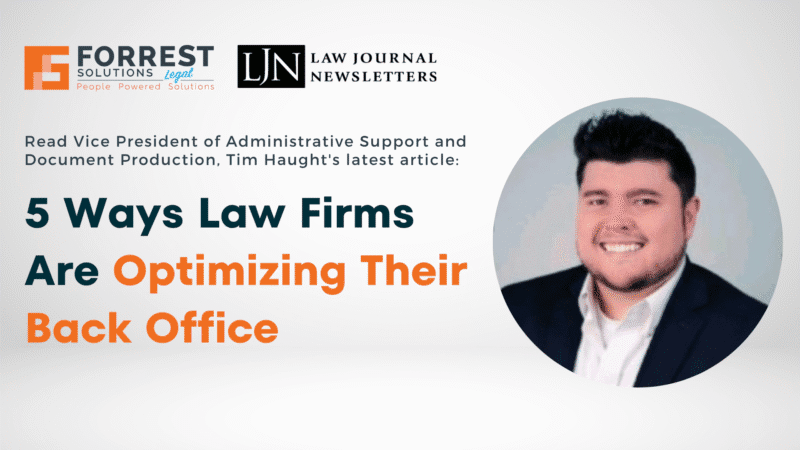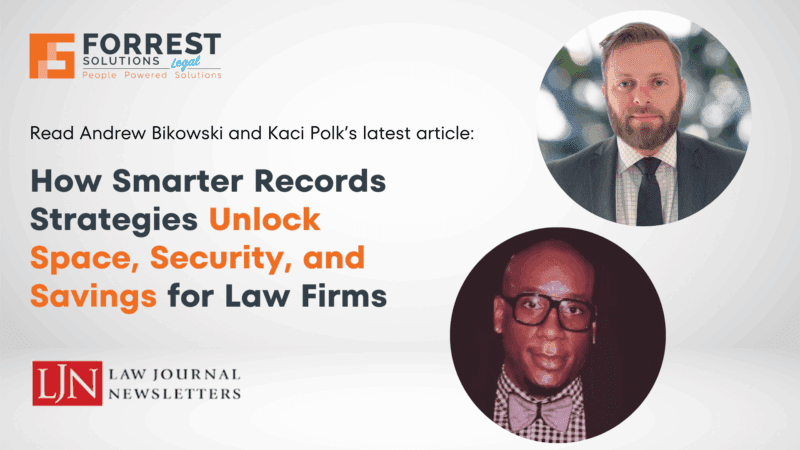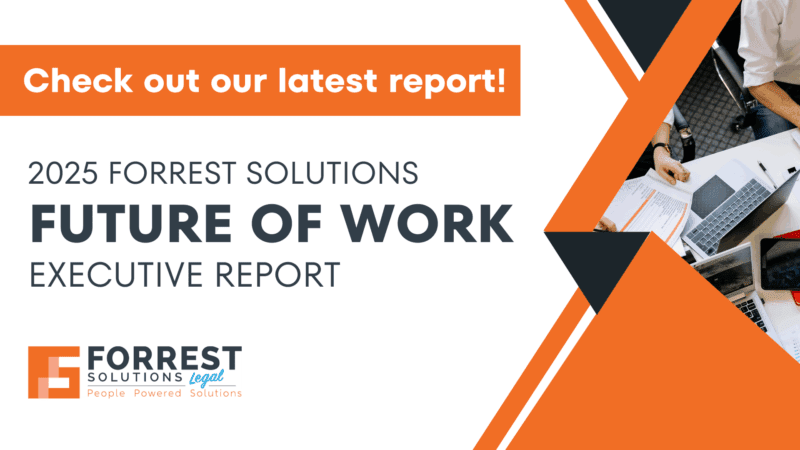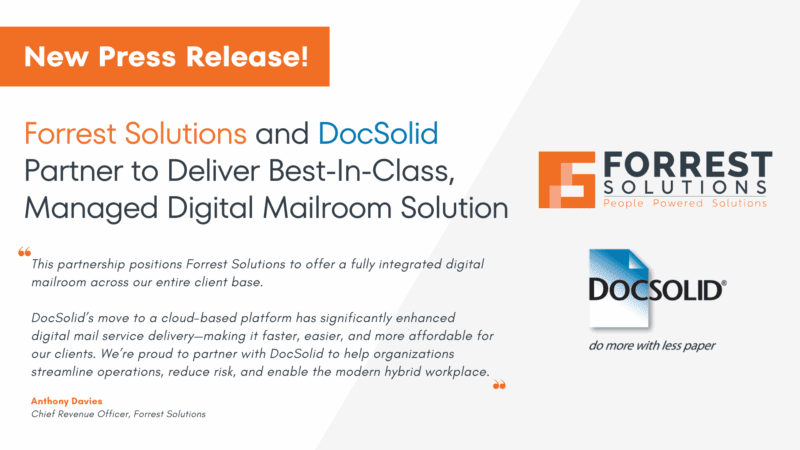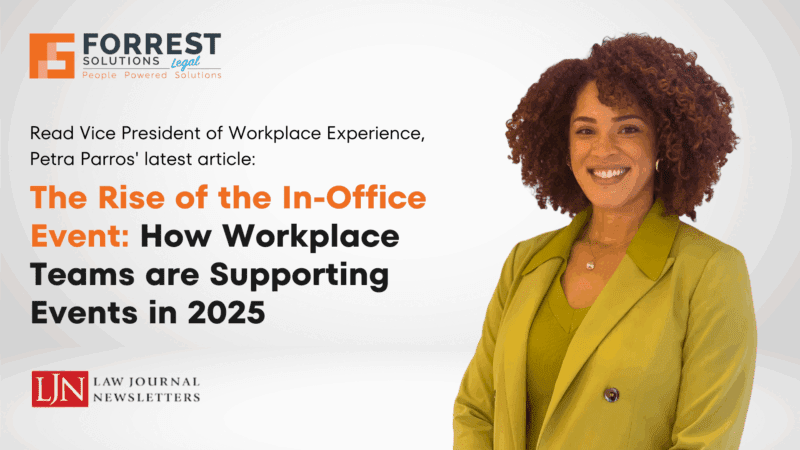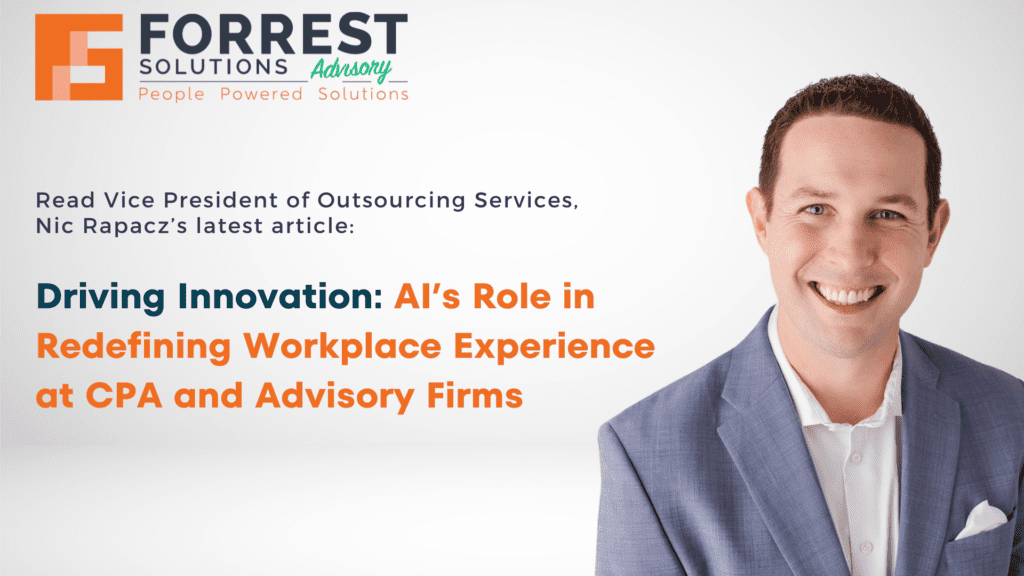
Workplace Experience and Preparing for the Future of Work
Workplace experience has emerged as a critical strategic priority for CPA and advisory firm. According to CBRE’s latest insights, organizations have prioritized workplace experience among their top three strategic real estate objectives in 2024, alongside preparing for the evolving landscape of work (CBRE, Bright Insights Report, 2024).
When it comes to CPA and advisory firms, the workplace serves as more than just a physical space—it is the epicenter of collaboration, innovation, and client service. With the advent of hybrid operations in the post-pandemic era, firms are focusing on redesigning their spaces to better accommodate these new modes of work.
Even prior to the push for a hybrid office, Big 4 accounting firms were at the forefront of innovation regarding the evolution of the office. In our Big 4 and other CPA and advisory firm clients, we saw firms:
- Implement universal office sizes for all professionals
- Implement desk sharing or hoteling arrangements
- Implement smaller office spaces and workstations
- Redesign workspace to maximize in-office turnout throughout the week
AI and the Evolution of the CPA Firm Workplace
Traditionally, CPA and advisory firms have valued physical office spaces for their privacy, confidentiality, and professional image. However, the landscape has evolved dramatically with the rise of hybrid work models, challenging the necessity of traditional office setups. As firms navigate the return to office dynamics, there is a concerted effort to transform these spaces into dynamic hubs that cater to modern work needs.
AI plays a pivotal role in redefining workplace experience by enabling personalized and efficient interactions. Through predictive analytics, AI analyzes data to optimize real estate usage, identifying peak utilization hours and space requirements. This data-driven approach ensures cost efficiency and enhances overall profitability by streamlining resource allocation.
AI-powered virtual assistants are revolutionizing administrative tasks within CPA firms, allowing professionals to focus on high-value advisory work. These assistants manage schedules, coordinate meetings, and even conduct basic research, freeing up time for strategic client engagements.
Examples from our client engagements highlight the integration of AI technologies:
- At a global accounting firm:
- Motion and heat sensors optimize meeting room space utilization by alerting staff when rooms are booked but unused.
- AI determines daily floor openings based on attendance data, ensuring dynamic space management.
- At a global financial services firm:
- Personalized catering preferences are seamlessly integrated into desk booking systems, ensuring client comfort and satisfaction.
- Desk bookings can suggest suitable spaces based on individual preferences and environmental conditions monitored by AI.
- At a global real estate firm:
- Desk booking technologies utilize AI to recommend spaces based on noise and heat levels, enhancing user experience.
- Facial recognition systems improve attendance tracking, replacing traditional card swipes.
The Intersection of AI and Hospitality
While a recent report at the start of 2024 found that CPA professionals are hesitant to integrate AI into the workplace for a multitude of reason: Work Quality (42%), Fiscal costs (31%), and Ethical Issues (21%), the benefits have been seen to outweigh most the concerns raised — at least from a hospitality perspective. Integrating hospitality principles into AI-driven innovations presents a unique opportunity to enhance client-centricity and operational efficiency.
- Enhancing Client Experience: AI-enhanced hospitality starts with personalized client interactions from the moment they enter the office. Facial recognition technology coupled with client databases ensures personalized greetings and efficient check-ins, enhancing client satisfaction.
- Tailored Workspace Allocation: AI’s ability to understand behavioral patterns allows for customized workspace allocations. Whether clients prefer quiet zones or collaborative spaces, AI adjusts office layouts accordingly to optimize productivity.
- Seamless Navigation and Assistance: AI-powered wayfinding systems guide clients through office premises, providing real-time updates on room availability and amenities via mobile apps.
- Wellness and Comfort: Real-time AI monitoring of environmental factors such as lighting and air quality ensures optimal comfort for both clients and employees, fostering a conducive work environment.
The Future Landscape
The integration of AI and hospitality principles marks a transformative shift in how CPA and advisory firms operate. Beyond technological adoption, this synergy creates an ecosystem that harmonizes human experience with innovation.
As firms continue their march into hybrid work environments, the focus remains on cultivating a culture of collaboration, innovation, and client-centricity. AI, bolstered by hospitality principles, serves as a catalyst for this evolution—a journey that redefines the future of workspaces in CPA and advisory firms.
AI’s fusion with hospitality principles isn’t just a theoretical concept—it represents a blueprint for transforming CPA and advisory firm workplaces. By augmenting human potential and enhancing overall experience, AI ensures that the return to office isn’t merely a transition but a profound transformation.
